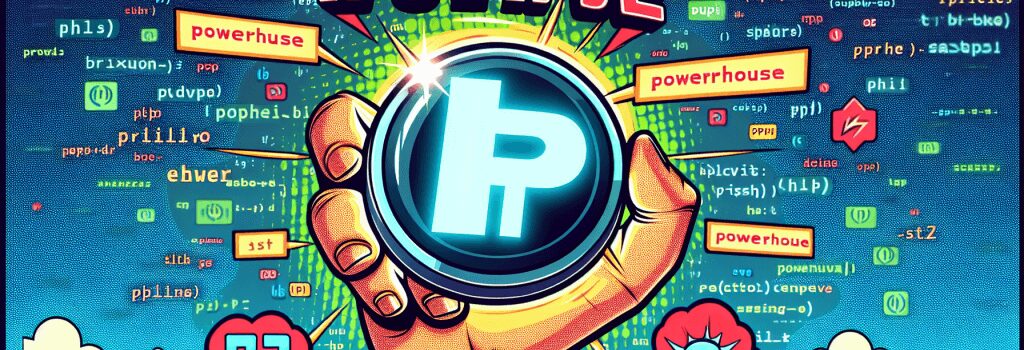PHP: The Server-Side Scripting Powerhouse for Web Development

—
Introduction to PHP in Web Development
PHP, standing for Hypertext Preprocessor, is a pivotal server-side scripting language that has shaped the way websites and applications are developed and interacted with. In the realm of web development, understanding PHP is akin to unlocking a vast array of capabilities, from generating dynamic page content to collecting form data and managing cookies. This guide delves into the significance of PHP and its role as a server-side scripting powerhouse.
What Makes PHP Stand Out
Dynamic Content Generation
PHP specializes in creating dynamic web pages. Unlike static HTML content, PHP scripts can alter the web page content in real time, making websites more interactive and personalized.
Comprehensive Database Capabilities
Handling databases is a breeze with PHP. It can interact with various database management systems, such as MySQL, allowing developers to retrieve, modify, and manage data efficiently, which is crucial for applications like eCommerce sites and content management systems.
Robust Framework Support
The PHP ecosystem is renowned for its extensive collection of frameworks, such as Laravel and Symfony. These frameworks streamline the development process, offering tools and libraries that address common web development challenges.
Why PHP for Web Development
Ease of Learning and Use
PHP’s syntax is logical and well-documented, making it accessible to beginners. Its ease of integration with HTML and CSS allows developers to add server-side scripting without completely overhauling the website structure.
Wide-ranging Compatibility
PHP is incredibly versatile, compatible with virtually all server types (e.g., Apache, IIS) and operating systems. This universal compatibility ensures that PHP-based applications can run smoothly on different platforms.
Cost-Effective and Open Source
Being open source, PHP is free to use and distribute. It doesn’t require expensive licenses or subscriptions, making it a cost-effective choice for developers and businesses alike.
The Role of PHP in Web Development
Crafting Tailored User Experiences
PHP enables developers to deliver content that responds to users’ interactions in real time, creating more engaging and customized user experiences.
Backend Management
As a server-side language, PHP is responsible for crucial backend tasks such as user authentication, database interactions, and content management – the backbone functionalities of any robust website or application.
WordPress Development
A significant portion of websites is powered by WordPress, a content management system (CMS) built on PHP. Understanding PHP is essential for customizing and extending WordPress functionalities through themes and plugins.
Conclusion
PHP’s enduring popularity and development support make it a cornerstone in the web development landscape. Its simplicity, alongside its powerful features for dynamic content management and database interaction, positions PHP as a top choice for developers looking to craft responsive, data-driven websites and applications.
For anyone aspiring to become a web developer, mastering PHP offers a strategic pathway to creating versatile, interactive web experiences. Embracing PHP is not merely about learning a programming language; it’s about unlocking a world of web development possibilities.
—


